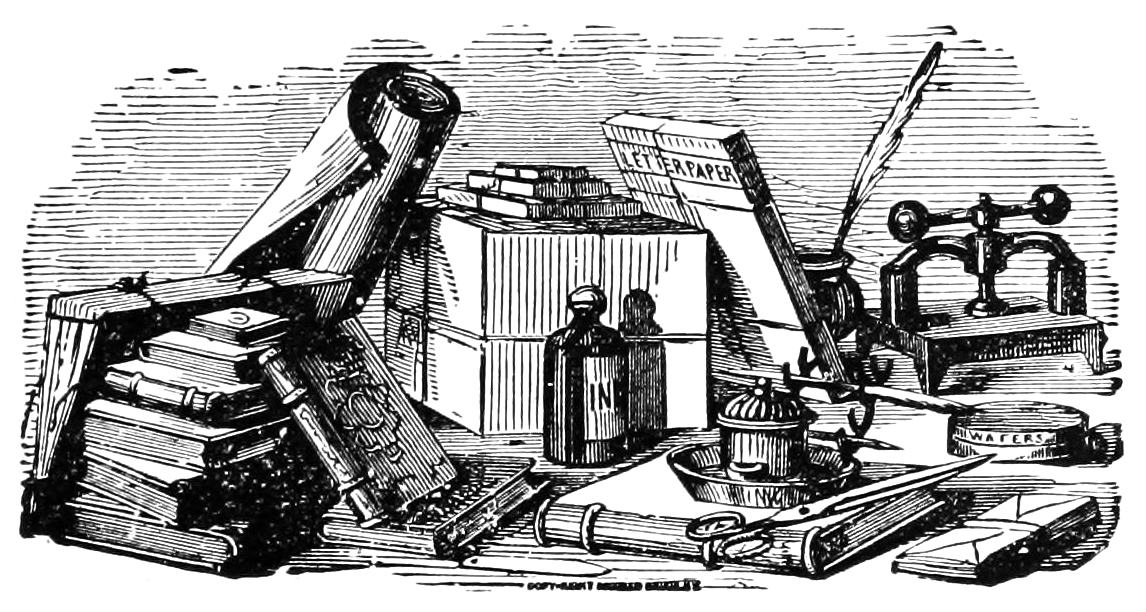
In an alternate-universe New York City, where they mostly have magic instead of science, Alex Lockerby is a runewright/private detective. In an earlier adventure, Alex saved the city by transporting the floating castle of Sorsha Kincaid, one its foremost sorceresses, into the Atlantic. This succeeded, but left him with snow-white hair and only a few months left to live. Thanks to a restorative potion he takes several times a day, he’s able to still function as a runewright, but he’s well aware of time running out.
In The Long Chain, Number 3 in the series, a Nobel-prize winning chemist disappears, and his daughter hires Alex to find him. He does, but the old man has been injured and has lost his memory. Meanwhile a number of prominent alchemists have disappeared, and Alex is concerned for the safety of one of those remaining, the mother of his new girlfriend. However, Sorsha the Sorceress wants Alex to use his “finding rune” to identify the source of a mysterious, unnatural fog that has blanketed the city for weeks and seems to be growing worse day by day.
As you’ve probably noted, the plot of The Long Chain is a complicated one, but I was impressed with the way author Dan Willis tied it all together. And one of the mysteries ended in a resolution that was at once surprising and poignant.
The writing could be better, but I’m enjoying the storytelling in this Arcane series.






